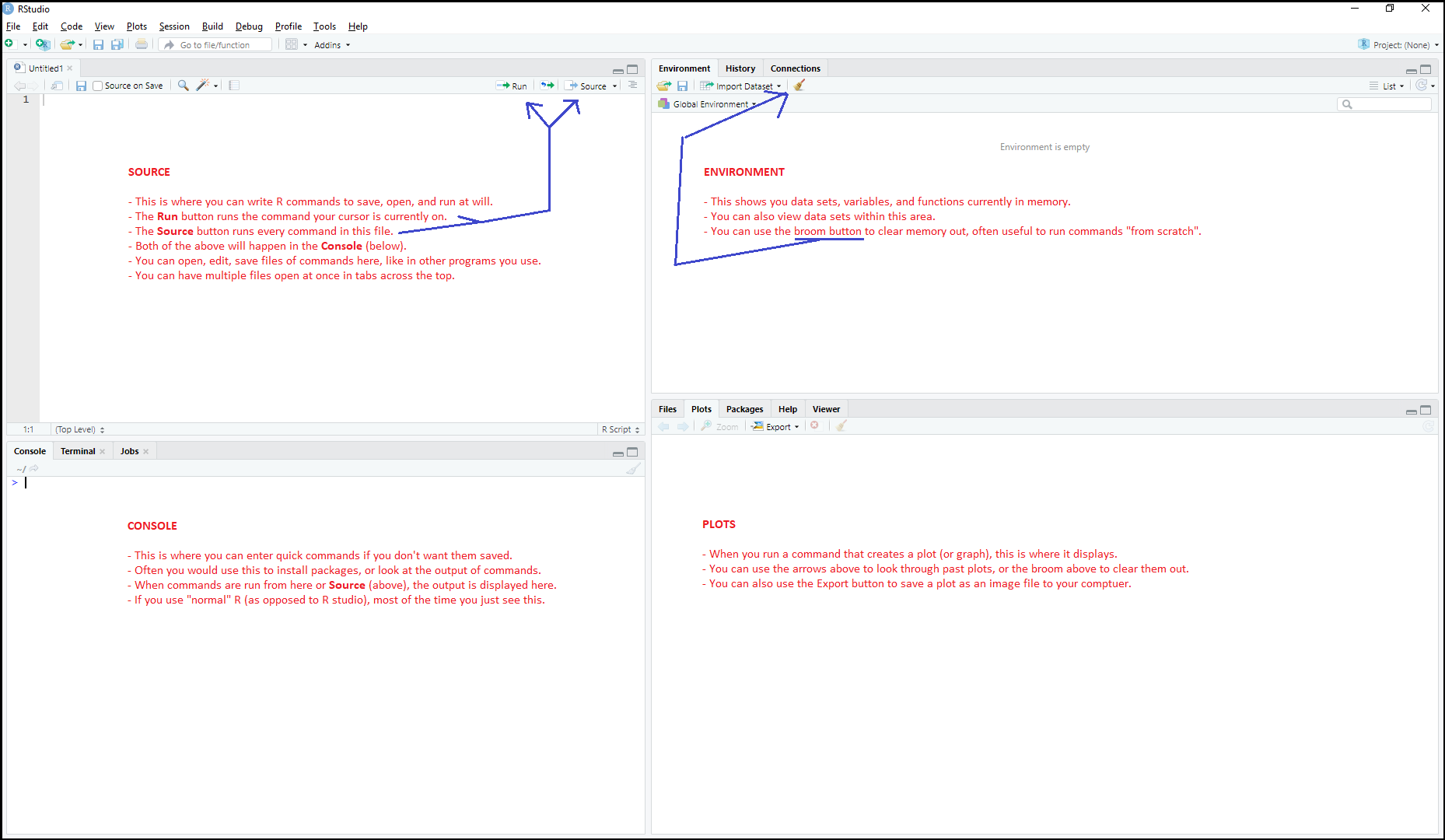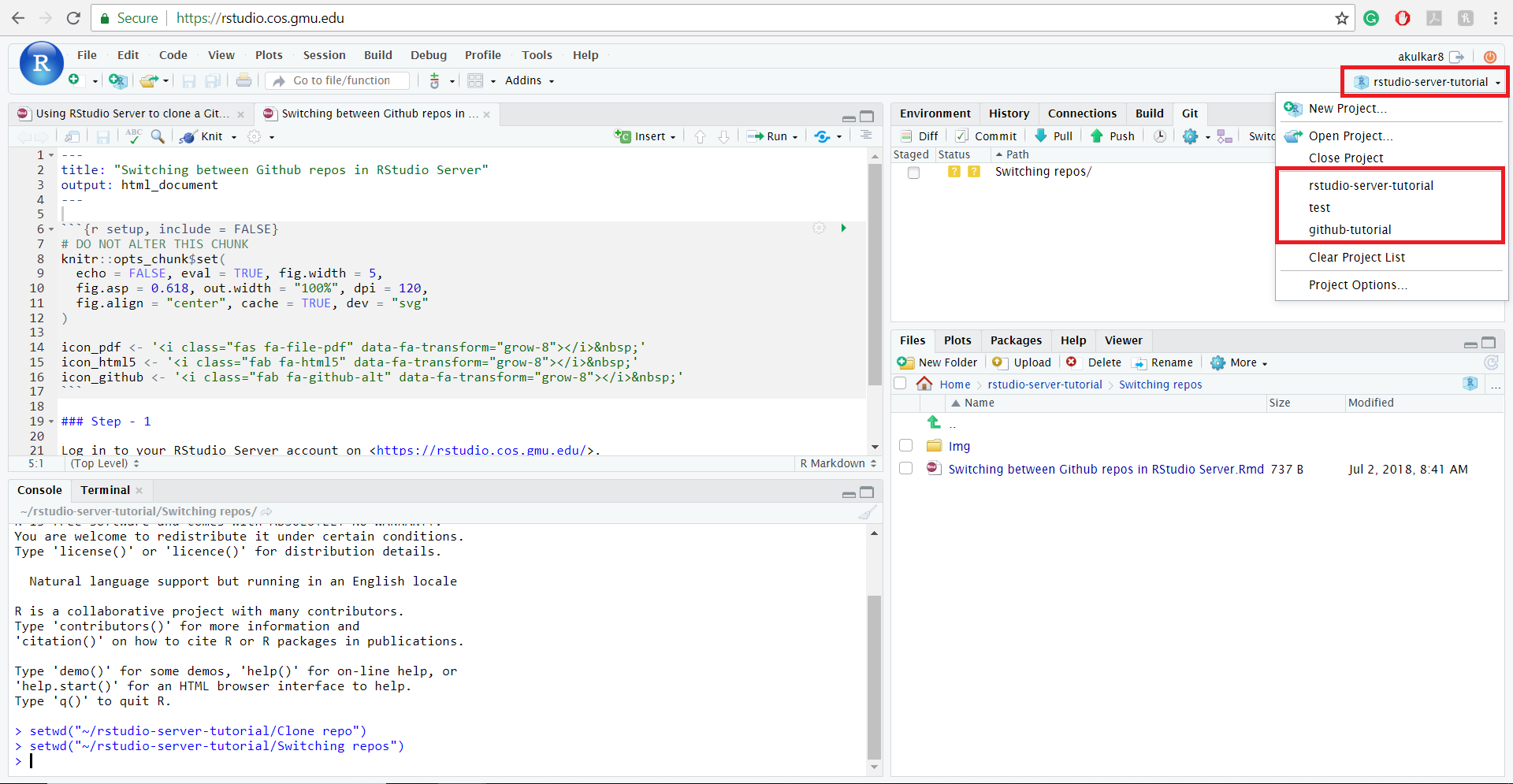

This helps us make sure our code isn’t only stored in one place (our laptops) at any given time. We can keep a copy of our code locally and in this central repository on GitLab.

Go refresh your browser to see your changes! This will let you create a new empty repository! You can choose the permission level of the repository – 100% private, internal (private but visible to folks logged into GitLab), or 100% public. When you are logged into, you should be able to see a + sign in the top right-hand corner. Another big plus – integrates with a lot of great tools and services, like JIRA, Kubernetes, and the Open Science Framework.Īssuming everyone has a GitLab account (if not, make one here quickly. GitLab also offers free LFS, so we can share larger files within a repository. It has continuous integration built-in, and you can use either the built-in docker registry or an image from DockerHub for each repository, no configuration required (simply call the container from the continuous integration!). It has free and unlimited public and private repositories. There are many features that set GitLab apart from other services. Now that we know some git, we can use git repository hosting platforms for collaboration and open science! One of the very best is GitLab.

Thus if you have many large files, you have to upgrade to a paid plan.īut I agree with your assessment: if your large data files never change, there is no need to version them. GitHub has strict limits on the amount of storage and bandwidth when using Git LFS on their servers.To download the actual data file (and not just the placeholder with the hash), the user has to have Git LFS installed and configured on their machine.Unfortunately parts of the process can be rough: Then when a user runs a Git command like git clone or git checkout, only the version of the data file that corresponds to the hash is downloaded. The large file is then uploaded to a server and indexed with that hash. The basic idea is that instead of versioning the big data files, it instead versions a plain text file that contains a hash. I've used Git LFS to version large files with Git and GitHub.


 0 kommentar(er)
0 kommentar(er)
